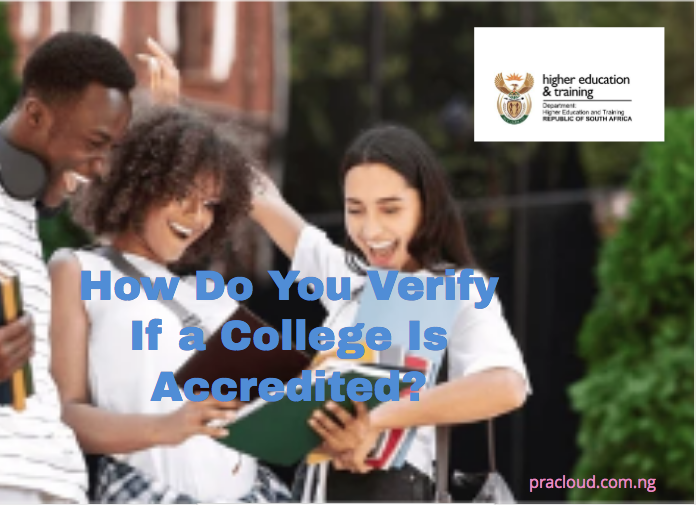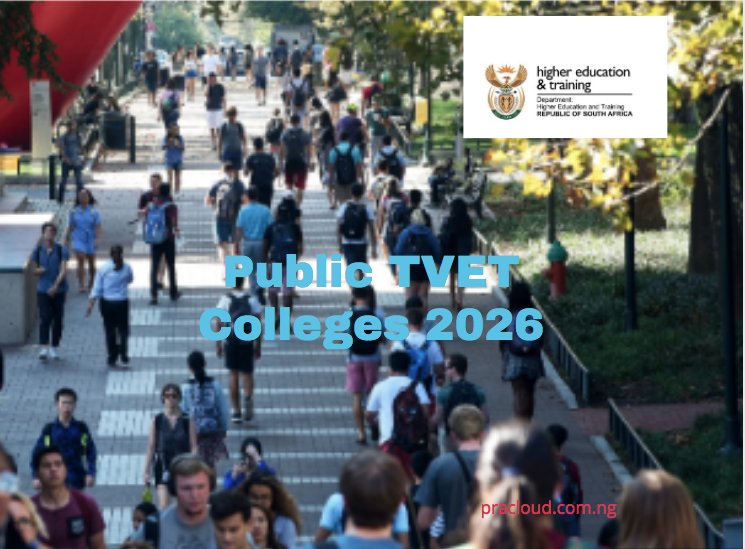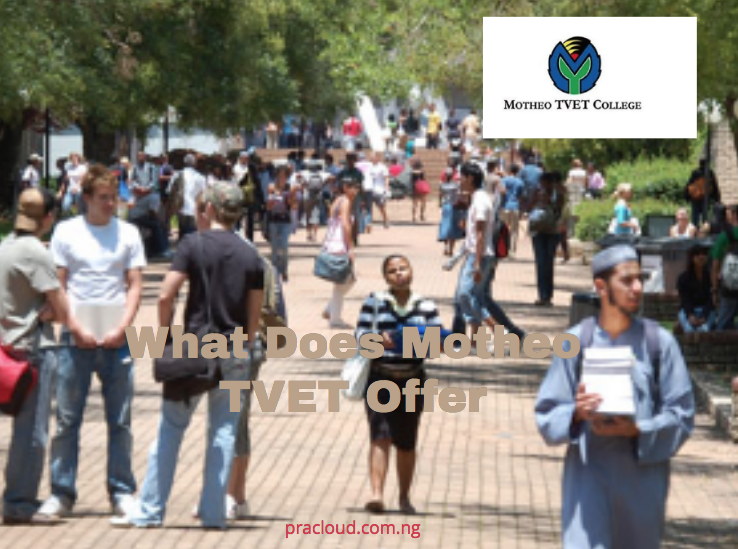How Do You Verify If a College Is Accredited?
How Do You Verify If a College Is Accredited?
How Do You Verify If a College Is Accredited?
Choosing the right college is a big decision, and one of the most important things to consider is whether the institution is accredited. Accreditation is a process that colleges and universities go through to show they meet certain standards of quality in education. It’s not just a formality, it affects everything from the value of your degree to your eligibility for financial aid and your ability to transfer credits or apply to graduate programs later on.
But how do you actually verify if a college is accredited? With so many schools out there, including online programs and lesser-known institutions, it can be easy to get confused or even misled. Some schools may claim to be accredited when they are not, or they may hold accreditation from agencies that are not recognized by the U.S. Department of Education or the Council for Higher Education Accreditation (CHEA). That is why it is important to know what to look for and where to check. In this guide, we will walk you through the steps you can take to confirm a college’s accreditation status. Whether you are looking into a local community college, a major university, or an online degree program, the process is fairly simple once you know what resources to use. We will also explain why accreditation matters and how to spot red flags that may signal a school is not legitimate. Taking a few minutes to verify a college’s accreditation can save you from wasting time, money, and effort on a degree that will not help you reach your goals.
How to verify if a college is accredited?
Before being used for credentialing, coursework and degrees earned outside of the United States must be examined by a foreign transcript evaluation agency that has been approved by the Commission. The Commission uses a publication called Accredited Institutions of Postsecondary Education (AIPE) to determine the accreditation status of each college or university.
Visit the AIPE website at www.acenet.edu to get a copy. Every year, this publication is updated and released. This book also lists institutions that have accreditation from agencies that the Commission has NOT recognized for California credentialing. An institution of higher learning is required to have a registration certificate to prove that it is registered.
Parents and students are free to inquire about this certificate and check with the DHET. The certificate must contain the following details: the institution’s name, location, programs it offers, and the duration of its registration. Additionally, it must demonstrate that the school has received accreditation from the Council on Higher Education’s Higher Education Quality Committee.
The authority mandated by law to accredit (quality assurance and approve) all higher education certificates is the HEQC, according to the IIE website. SAQA must have the institution’s qualifications listed on the NQF. Before enrolling at an institution, inquire about the SAQA NQF identity numbers to see if it is registered.
You can visit the list on the Umalusi website at http://www.umalusi-online.org.za/enquiries to see if the college is accredited by Umalusi. The DHET registration is necessary for the accreditation and is directly related to it. SETA Accredited colleges
These regional accrediting bodies are acceptable:
Southern Association of Colleges and Schools/Commission on Colleges (SACS-COC)
www.sacscoc.org
States represented by SACS-CC: Alabama, Florida, Georgia, Kentucky, Louisiana, Mississippi, North Carolina, South Carolina, Tennessee, Texas, Virginia, and Latin America
Western Association of Schools and Colleges/Accrediting Commission for Community and Junior Colleges (ACCJC)
www.accjc.org
States represented by WASC-JR & SR: California, Hawaii, Guam, American Samoa, Federated States of Micronesia, Republic of Palau, Commonwealth of Northern Marianas Islands, Pacific Basin, and East Asia
Western Association of Schools and Colleges/Senior College and University Commission (WSCUC)
www.wscuc.org
States represented by WASC-JR & SR: California, Hawaii, Guam, American Samoa, Federated States of Micronesia, Republic of Palau, Commonwealth of Northern Marianas Islands, Pacific Basin, and East Asia
Middle States Association of Colleges and Schools (MSA)/Commission on Higher Education (MSCHE)
www.msche.org
States represented by MSA: Washington, DC, Delaware, Florida, Maryland, New Jersey, New York, Pennsylvania, Puerto Rico, the U.S. Virgin Islands, and Overseas
The Northwest Commission on Colleges and Universities (NWCCU) (formerly Northwest Association of Schools and Colleges or NASC)
www.nwccu.org
States represented by NWCCU: Utah, Idaho, Washington, Alaska, New York, Oregon, Nevada, Montana, and Costa Rica
Higher Learning Commission (HLC) (formerly North Central Association of Colleges and Schools or NCA)
www.hlcommission.org
States represented by HLC: Arizona, Arkansas, Colorado, Illinois, Indiana, Iowa, Kansas, Michigan, Minnesota, Missouri, Nebraska, New Mexico, North Dakota, Ohio, Oklahoma, South Dakota, West Virginia, Wisconsin, and Wyoming
New England Commission of Higher Education (NECHE) (formerly New England Association of Schools and Colleges or NEASC-CIHE)
www.neche.org
States represented by NECHE: Connecticut, Maine, Massachusetts, New Hampshire, Rhode Island, Vermont, and Overseas
Contact details
Tel No
(012) 312 5348 / 082 471 2358
E-mail
Maseti.B@dhet.gov.za
OTHER RELATED






